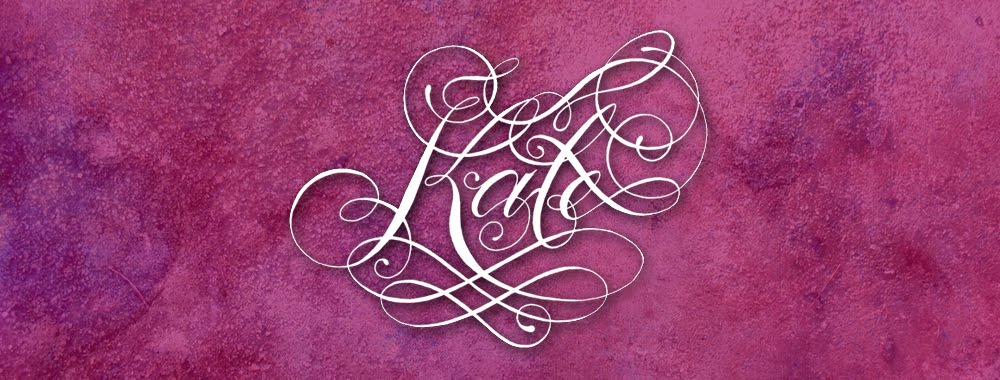For the longest time, I didn’t consider myself a feminist. Whenever the f-word came up in conversation, I had visions of sweaty, overall-wearing men-haters who were bitter because they couldn’t get laid. I had better things to do with my time than paint angry placards or go protesting up Queen St. Like shaving my legs, for instance, or wearing underwear. Besides, I wasn’t bitter. I didn’t hate men.
But then I realised that the real reason I didn’t consider myself a feminist was because I didn’t actually know what feminism was. I’d fallen prey to stereotypes in the same way that giggling tweens everywhere have succumbed to Justin Bieber’s charms: with alarming ease. I may as well have casually asked my dreadlocked neighbour where to get some sweet ganja, or demanded that my parents help me with my MATHS108 assignment “cos, like, you’re Chinese. Aren’t you people supposed to be good at this kind of thing?” Because feminism isn’t about being angry. It isn’t about hating men. It’s about equality.
Feminism has fought for a lot of things throughout history: for the right of women to vote and to own (and not be) property; for equality in the workplace; for access to contraception and abortion; and for an end to both sexual and physical violence. What sound like basic human rights, and what we take for granted, was something people once had to fight for – and what some are still fighting for today.
Over the years, feminism has become increasingly sensitive to the ways in which gender intersects with other facets of social inequality, including age, ethnicity, religion, class, and sexuality. Feminism today also recognises that gender is socially constructed —that, in the words of Simone de Beauvoir, "one is not born, but rather becomes, a woman" — and exists on a continuum. It recognises that it isn't irreconcilable with femininity. It celebrates female sexuality.
Kate showcases the work of some of the most talented feminists I know, and without them, this magazine would never have been possible. Hopefully you enjoy reading it as much as we enjoyed making it: moderately.
— Rosabel
P.S. I am kidding. It was the best time.
Welcome to this year’s edition of Kate. Putting this magazine together has been quite a journey. When I first decided to get it off the ground, I didn’t have any clue about the challenges involved in publishing a magazine. To know that – despite all these challenges – the magazine will go out to hundreds of students is quite exciting.
Kate commemorates Kate Milligan Edgar (who the information commons is named after). She was the first women in the British Empire to gain a degree, graduating with a Bachelor of Arts in 1877. Edgar was pretty great. After completing her degree, she joined the suffrage movement, and worked to extend educational opportunities to women. Kate also honours Kate Sheppard, the leader of the suffrage movement in New Zealand.
This year’s Kate includes both female and male contributors. This approach is unconventional for a women’s magazine, but it means we have articles written from a broad range of perspectives. What’s important is that the purpose and feel of the magazine stays true to debating, recognising, and celebrating our feminist ideals.
Kate is conveniently published the same week as the AUSA Womensfest. There is a debate organised by the Debating Society and a series of workshops being hosted by local organisations - to find out more, check out www.ausa.org.nz or visit Student Central.
Here’s to many more years of Kate!
— Soraiya




0 comments
Post a Comment